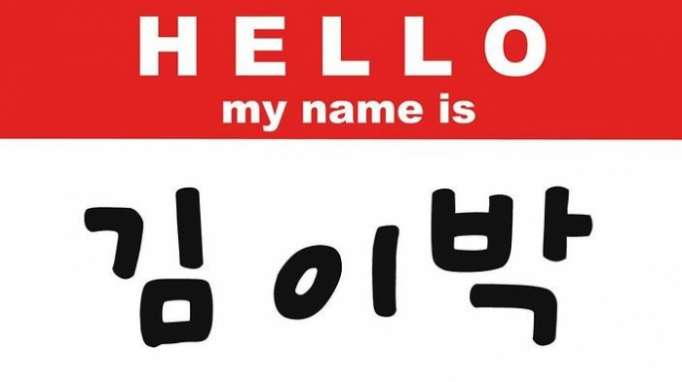The answer lies in the historical significance of the Kims. In the Silla kingdom (57 BCE–935 CE)—which variously battled and allied with other states on the Korean peninsula and ultimately unified most of Korea in 668—Kim (which means “gold”) was the name of a family that rose to prominence and became the rulers of Silla for 700 years. For many centuries in Korea, surnames were rare among anyone but royalty and the aristocracy. This circumstance held until the granting of surnames became a mark of favor by the king during the Goryeo dynasty (935–1392). Later, during the late Joseon dynasty (1392–1910), some commoners adopted family names for social and economic advantage, a practice that proliferated after the class system was abolished in 1894 and the Japanese colonizers forced Koreans to take surnames. Commoners often chose the names of lofty clans like the Kims, the Lees, or the Parks.
But not even all those who are Kims by inheritance are the same. A basic unit of the Korean traditional kinship system is the clan, or bongwan, a group whose surname signifies a common geographical origin. Thus, different Kims can trace their lineage to different places, most notably Gimhae. The southeastern city was the birthplace of Kim Su-Ro, the man recognized as the original Kim and the founder (42 CE) of Gaya, another ancient Korean kingdom. There are some 300 other Kim clans, including those who originate from Gyeongju, Andong (which actually has two Kim clans), and Gwangsan.
Are all Koreans who share a surname considered to be related to one another? Nowadays, the origins of Korea’s clans are remote enough that people whose ancestral roots are in different villages are considered eligible to marry one another. Nevertheless, there was long a law in place to forbid marriage between people with the same surname and ancestral paternal origin. In 1997, however, South Korea’s Constitutional Court ruled the law unconstitutional, and the civil code was amended in 2005 to forbid only marriage between closely related people. Thus, a Mr. Kim and Ms. Kim who meet and fall in love at university in Seoul, who had never heard of each other before but learn they are both Gyeongju Kims, may now marry, Romeo and Juliet no more.
Read the original article on britannica.com.
More about: Korea
















































